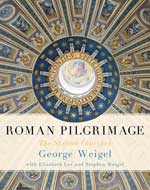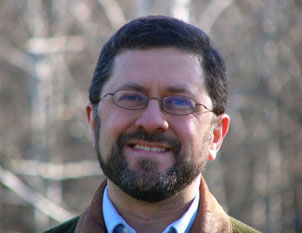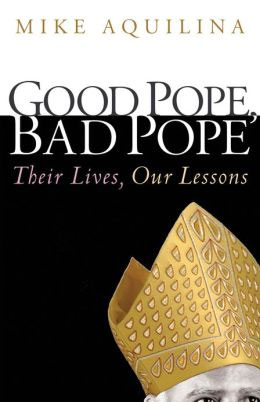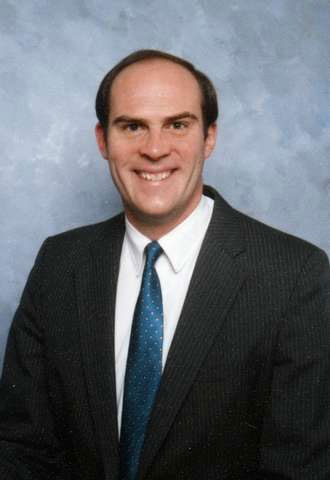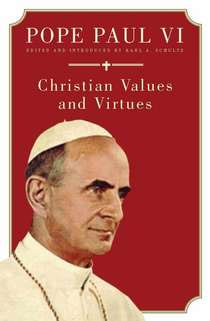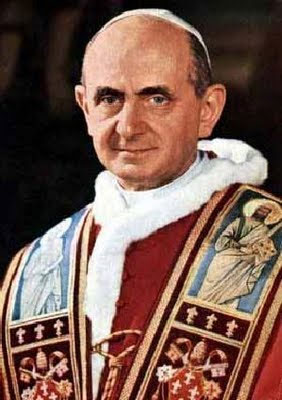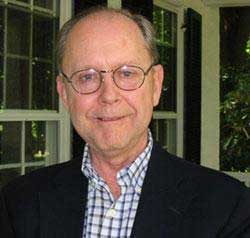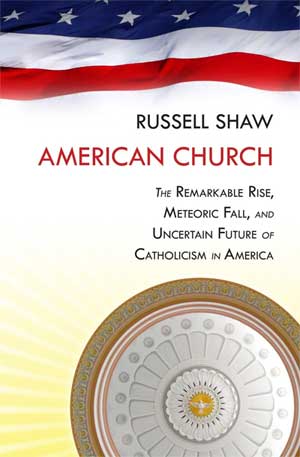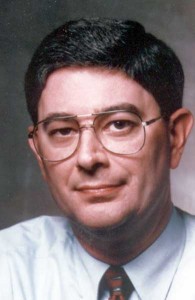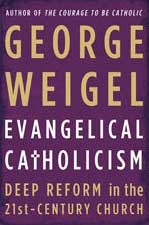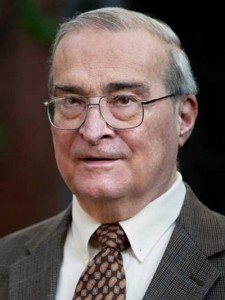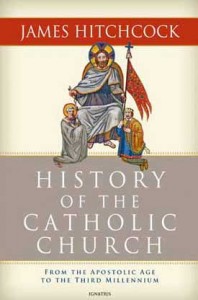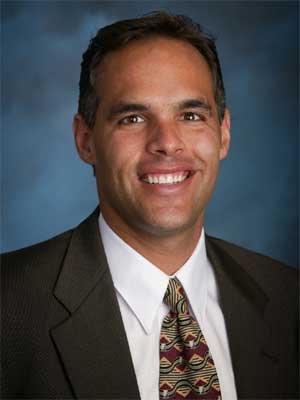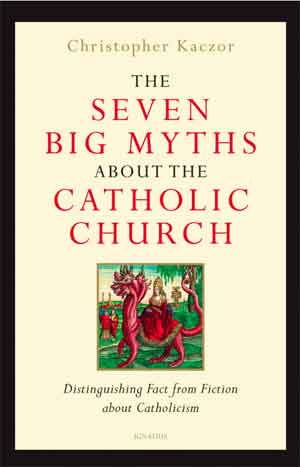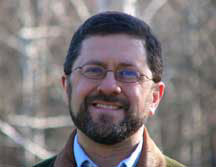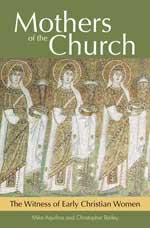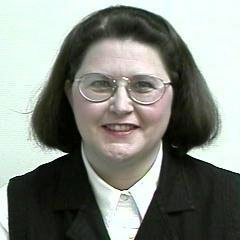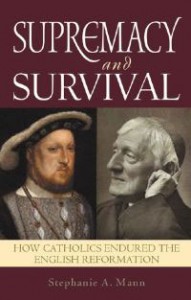Fr. Maciej Zieba, OP offers tremendous insight and a wonderful resource in understanding the heart of Catholic 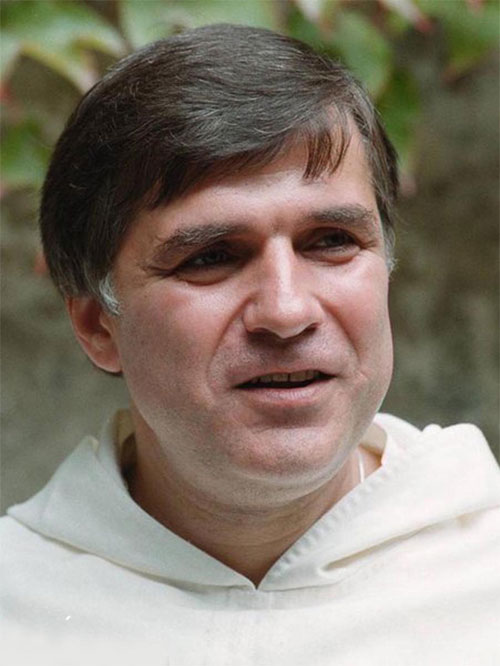 Social Teaching in regards to democratic capitalism. In Papal Economics: The Catholic Church on Democratic Capitalism, from Rerum Novarum to Caritas in Veritate, he gives an overview the key social encyclicals from Leo XIII’s Rerum Novarum (1891), through John Paul II’s Centesimus Annus a century later, and finally to Benedict XVI’s Caritas in Veritate (2009). While demonstrating the continuity among the popes, this work also reveals that the Church’s teaching has evolved in certain key respects—particularly in its judgment on socialism. Fr. Zieba, a close associate of Pope John Paul II. He was a key player in the Polish Solidarity movement and is the director of the European Solidarity Center and the founder of the Tertio Millennio Institute in Poland.
Social Teaching in regards to democratic capitalism. In Papal Economics: The Catholic Church on Democratic Capitalism, from Rerum Novarum to Caritas in Veritate, he gives an overview the key social encyclicals from Leo XIII’s Rerum Novarum (1891), through John Paul II’s Centesimus Annus a century later, and finally to Benedict XVI’s Caritas in Veritate (2009). While demonstrating the continuity among the popes, this work also reveals that the Church’s teaching has evolved in certain key respects—particularly in its judgment on socialism. Fr. Zieba, a close associate of Pope John Paul II. He was a key player in the Polish Solidarity movement and is the director of the European Solidarity Center and the founder of the Tertio Millennio Institute in Poland.
Podcast: Play in new window | Download (Duration: 28:00 — 12.8MB) | Embed
Subscribe: Apple Podcasts | Spotify | Amazon Music | Android | Pandora | iHeartRadio | JioSaavn | Podchaser | Gaana | Podcast Index | Email | TuneIn | Deezer | Anghami | RSS | More
You can find the book here
“For a long time to come, this book may well be the definitive work on the economic teaching of the modern popes.” —Michael Novak
“Powerful . . . Should move the Catholic discussion of twenty-first-century economics beyond the familiar refrains” —George Weigel



